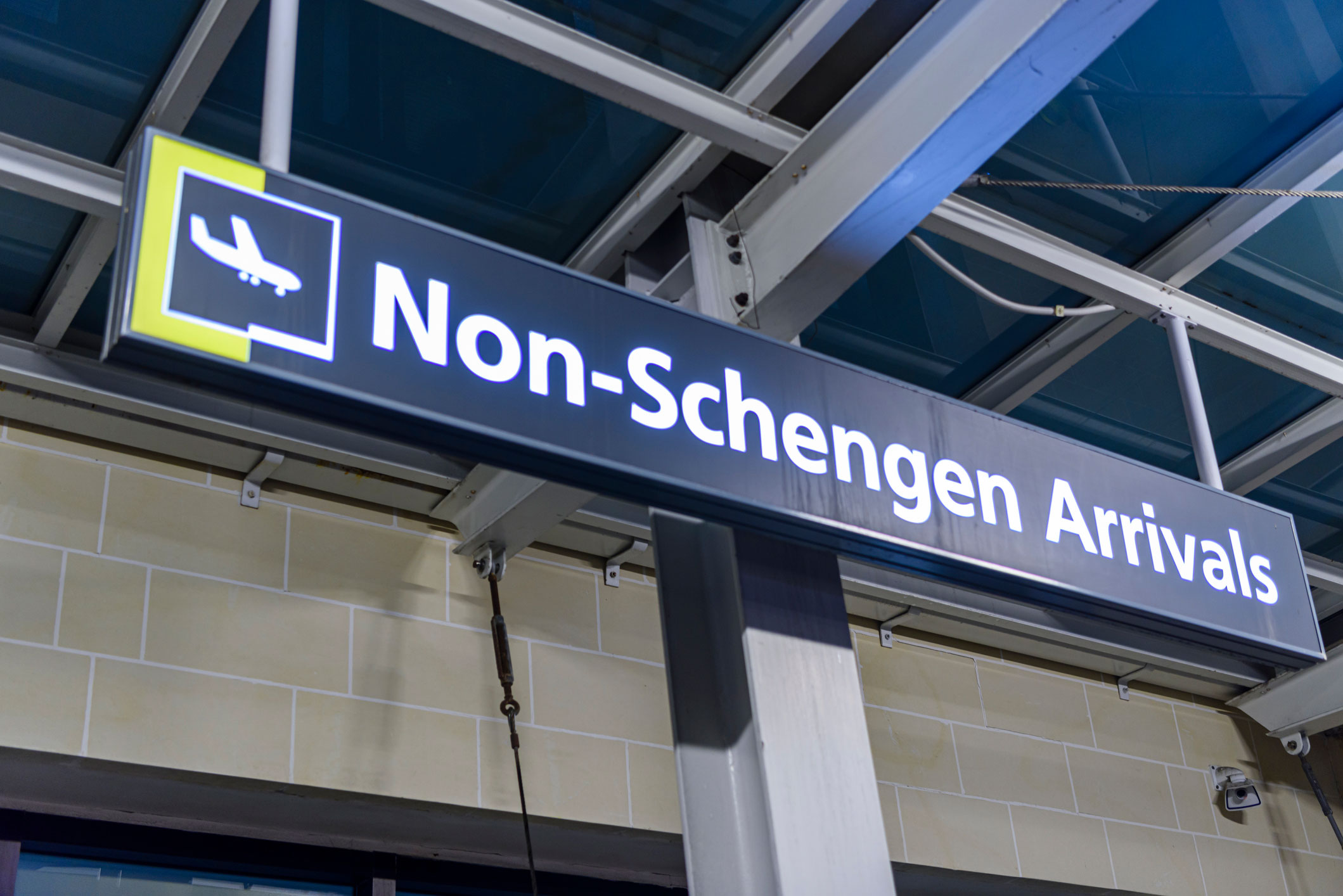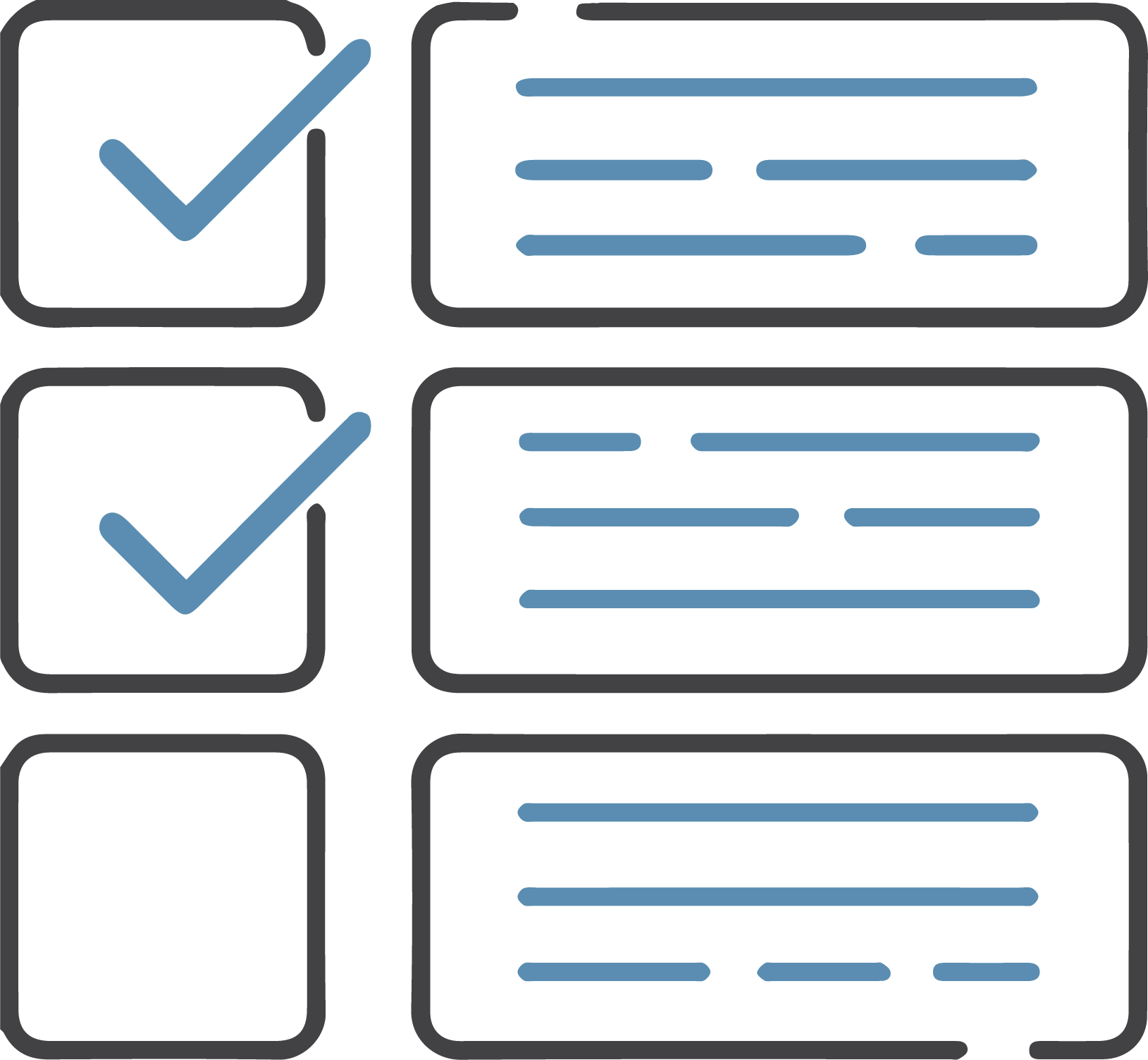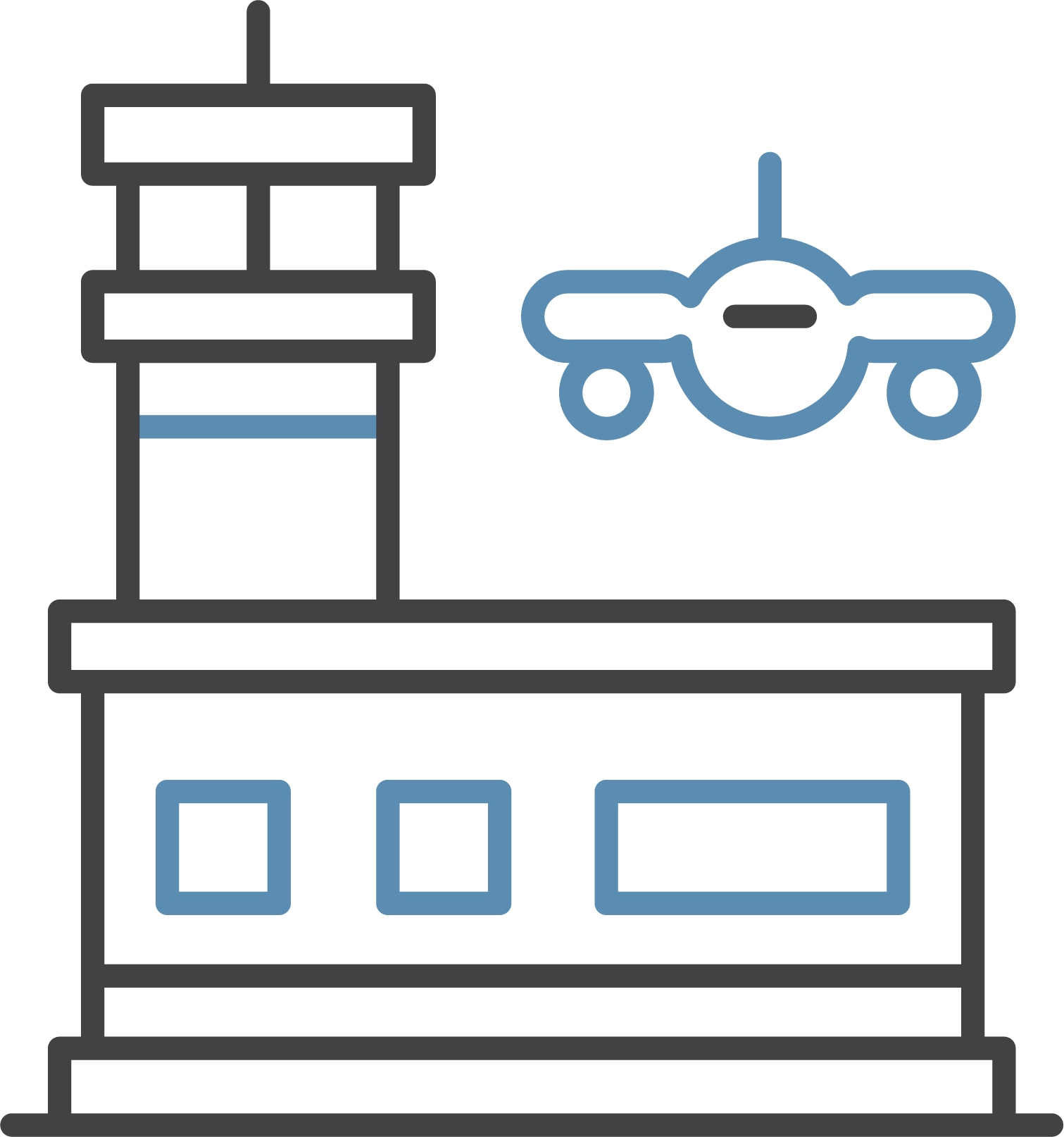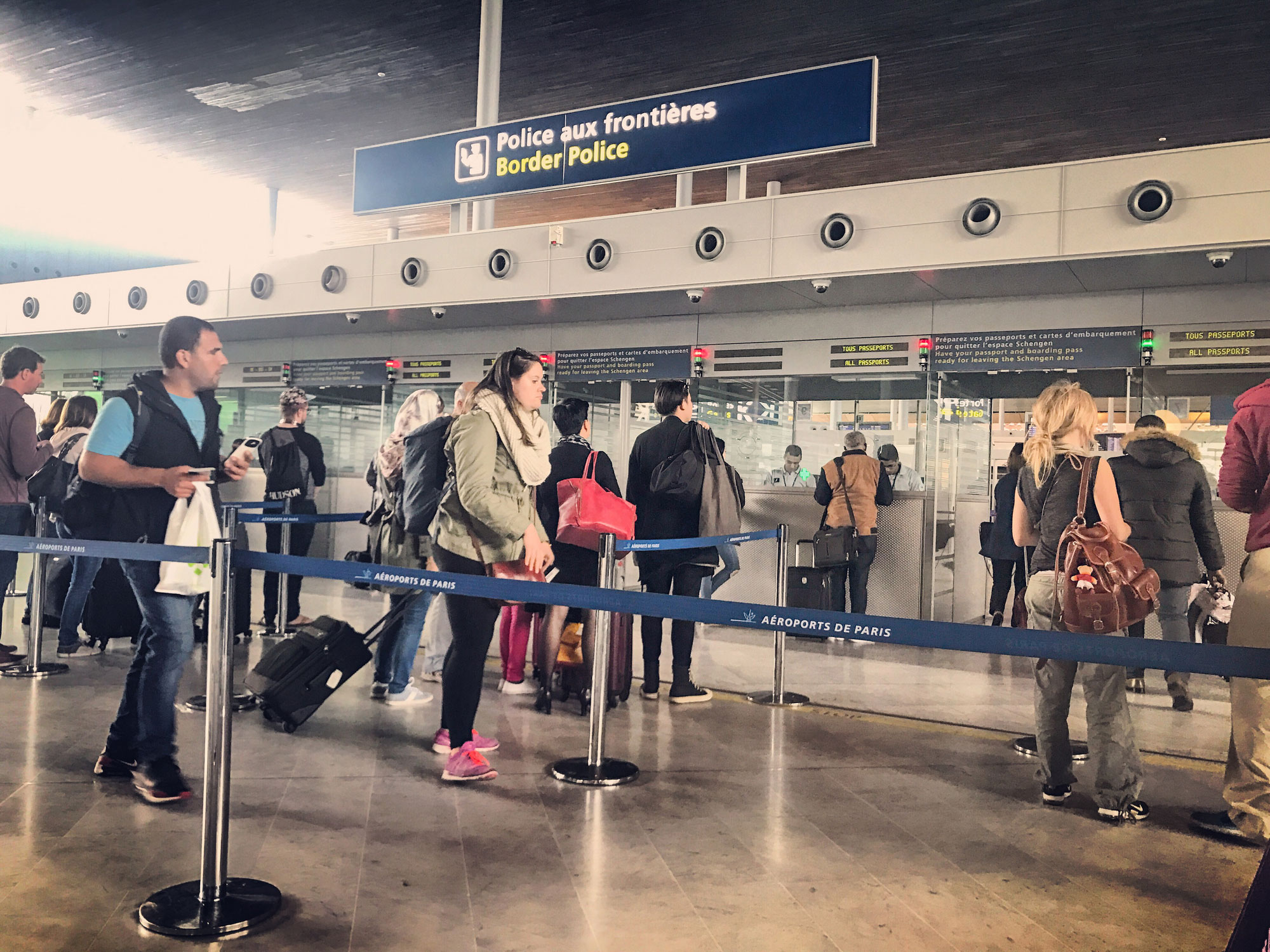What is the ETIAS Pass?
The European Travel Information and Authorization System (ETIAS) is a new system that will be required for visa-exempt travellers to enter the Schengen Zone, which includes 26 European countries. The ETIAS will be similar to the US ESTA system, and will require travellers to submit an online application and pay a fee.
Though no concrete date has been set, British citizens will eventually be required to have an ETIAS pass to enter the Schengen Zone, with a potential release touted for October 2025. However, there are a number of ways that British travellers could encounter issues when applying for or using an ETIAS pass. In this article, we will be taking a deeper look into the ETIAS pass and giving our advice on how to avoid potential issues and delays when it is introduced.

The number of years an ETIAS pass will be valid
The proposed cost of an ETIAS pass once released
Months in advance travellers need to apply
Potential Issues with the ETIAS Pass
The Electronic European Travel Information and Authorisation System (ETIAS) is an idea that is still in its infancy. While the system is being implemented, and individuals learn how to navigate it, business travellers and holidaymakers may encounter issues that could cause their trip to be delayed.

Application Issues
The ETIAS application process is relatively straightforward, but there are a number of things that could lead to a British traveller’s application being rejected. For example, travellers must provide accurate and up-to-date information on their application, and they must also pay the application fee. If any of this information is incorrect or incomplete, the application could be rejected.
Travellers should also be aware of the specific requirements for each Schengen country. Some countries require travellers to have a passport that is valid for at least three months after their intended date of departure, while others require at least six.

Border Issues
Even if a British traveller’s ETIAS application is approved, they could still encounter issues at the border. For example, border guards may ask the traveller questions about their travel plans or their criminal history. If the traveller gives the wrong answers or if the border guards have any concerns, they could refuse the traveller entry into the Schengen Zone.
In addition, border guards may use the ETIAS system to check for any security risks associated with the traveller. If the border guards find any security risks, there may be extra interviews that could delay your travel plans indefinitely.
Four Ways to Avoid ETIAS Issues
#1 – Plan Early
The ETIAS application process can take a few days, so it’s important to start planning early, especially if you’re travelling during peak season. As the system remains in its early stages, you may need to remain patient to delays in processing applications.
#2 – Prepare Documents
Make sure that you have all of the proper documents to hand when applying for an ETIAS pass. You’ll need a valid passport, a credit or debit card, and any other information that pertain to your intended travel or stay.
#3 – Pay Application Fee
Be prepared to pay the €7 ETIAS application fee. Although travellers under the age of 18 or over the age of 70 are exempt from the fee, they will still need the pass to travel.
#4 – Answer Honestly
Even if you have completed your ETIAS application successfully, border guards may still ask you questions about your travel plans, your criminal history, or your reasons for visiting the Schengen Zone. Be prepared to answer them.

In Conclusion
It is crucial that British travellers prepare for the arrival of the new ETIAS pass if they wish to visit the Schengen Zone. Here are the key points to remember:
- Start planning early and make sure you have all the required documents.
- Complete the application carefully and pay the application fee.
- Be prepared to answer questions at the border.
- Be patient and understanding as the ETIAS system is still in its early stages.
Find out how we can help you navigate the introduction of ETIAS with our ‘always on’, high touch service.
Related Articles
Inside the Business Travel Show Europe 2025
Held in the huge conference halls of ExCeL London, the Business Travel Show Europe 2025 was a sparkling celebration of the innovation within the industry, and we at Gray Dawes were proud to be at the beating heart of it all. In this article, we take you behind the scenes of the show, reflect on a few eye-opening days, and share how Gray Dawes continues to lead the way with our Always On approach to delivering High Touch, High Tech, and High Content service at every stage of a business trip.
Onwards and Upwards with ITA Airways
ITA Airways, Italy’s flagship carrier, has expanded significantly since we last spoke with them. They now operate as far east as Tokyo and as far west as San Francisco. In this article, we chat to ITA Airways about their integration with Lufthansa Group, their commitment to sustainable travel, their Volare points program, and much more.
8 Top Hacks for Travel Managers
In today’s fast-paced corporate world, travel managers play a crucial role in ensuring seamless, cold-effective, and stress-free journeys. Balancing budgets, schedules, and traveller satisfaction is no easy task; however, with the correct strategies, it becomes a lot simpler. Whether you’re looking to streamline bookings, reduce expenses, or enhance traveller experience, these top 10 travel hacks are designed specifically for travel managers ready to take their game to the next level.





